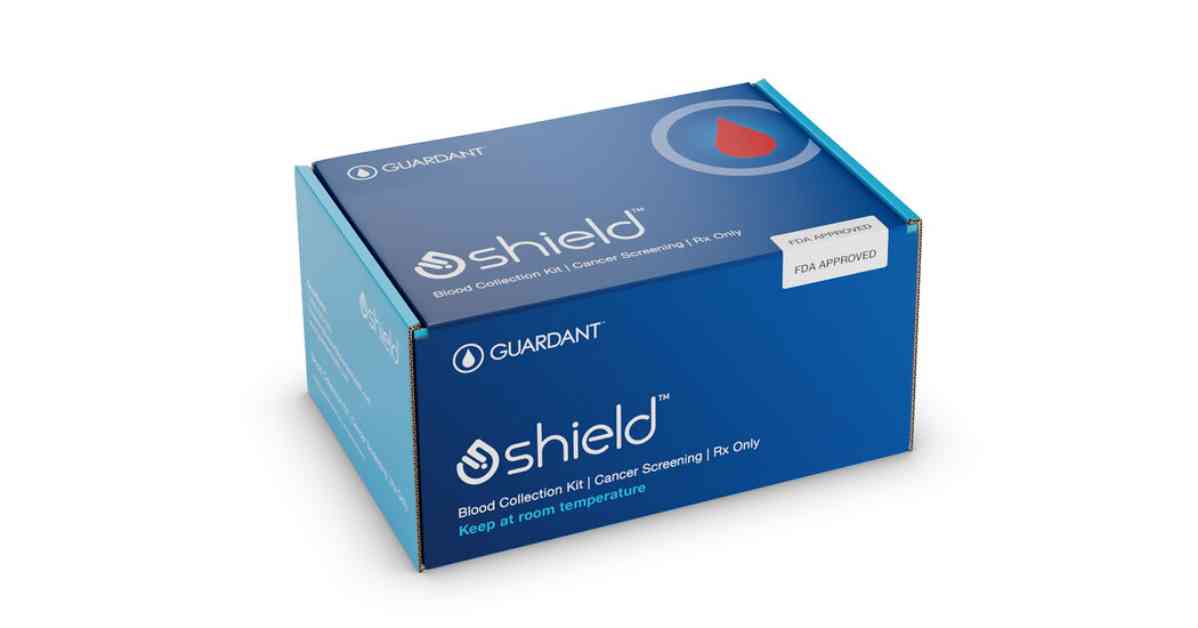The Food and Drug Administration (FDA) recently approved a new blood test for colorectal cancer called Shield, developed by Guardant Health. This test is seen as a potential alternative to colonoscopies, which can be invasive and uncomfortable for some individuals.
The Shield blood test has shown promising results in detecting colorectal cancers, with an 83 percent success rate. However, it is less effective in identifying dangerous polyps, only detecting 13 percent of them compared to colonoscopies, which can find up to 95 percent of these growths.
While the Shield test may not be as comprehensive as a colonoscopy, it offers a less invasive option for cancer screening. The test is particularly beneficial for individuals who may be hesitant to undergo a colonoscopy or collect fecal samples for testing.
It is essential to note that the Shield test is approved for individuals aged 45 and over who are at average risk for colon cancer. This age group is particularly vulnerable to colorectal cancer, which is the second-leading cause of cancer-related deaths in the United States.
Regular screening for colorectal cancer can significantly reduce the number of deaths from this disease. However, many individuals who should be screened are not following current guidelines. The availability of the Shield blood test may encourage more people to undergo screening and potentially prevent a significant number of colorectal cancer-related deaths.
The simplicity of the Shield blood test is one of its key advantages. Patients can easily have a blood sample taken during a routine physical exam at their doctor’s office or at a commercial lab. This convenience could help increase the number of individuals willing to undergo colorectal cancer screening.
Overall, while the Shield blood test may not be a perfect substitute for colonoscopies, it represents a step forward in making cancer screening more accessible and less intimidating for individuals at risk of colorectal cancer. By expanding screening options, more lives can be saved through early detection and treatment of colorectal cancer.


















